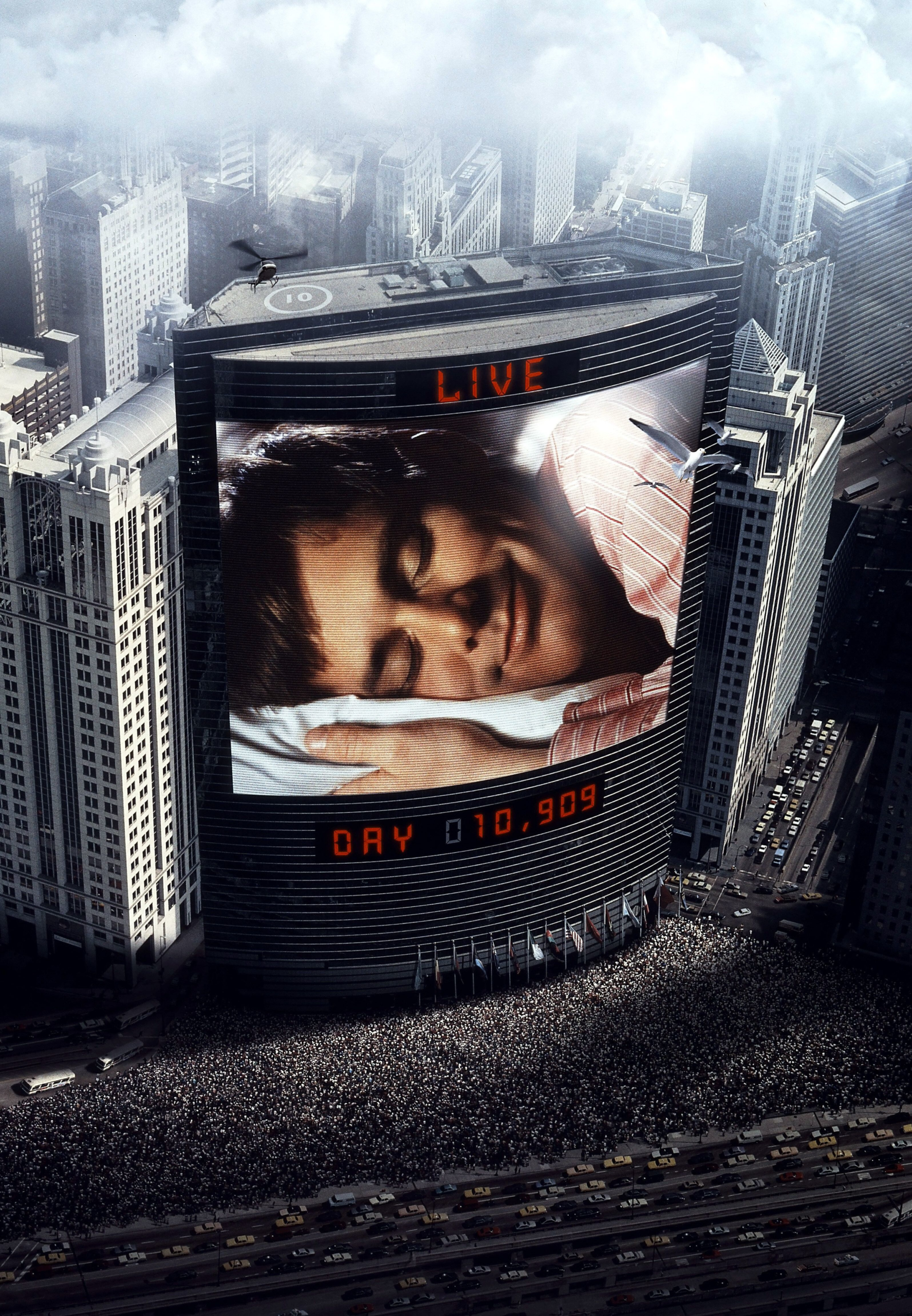
9,160 days after it premiered, the screenwriter of “The Truman Show” has revealed the film’s original ending.
In the 1998 film, Jim Carrey portrays an insurance salesman named Truman Burbank who discovers his idyllic life on Seahaven Island has been entirely faked ― and broadcast on live television for the viewing pleasure of the masses since he was born.
In an interview for its 25th anniversary, screenwriter Andrew Niccol told The Hollywood Reporter that Carrey ad-libbed the film’s most memorable line and that the story was initially set in a major metropolis. He also revealed that his original script was far bleaker than the finished product.
“I did envisage something darker,” Niccol told the outlet. “In the original script, there was an innocent passenger attacked on the subway as a way to test Truman’s courage, and Truman had a platonic relationship with a prostitute who he dressed as Sylvia.”
The character Sylvia (Natascha McElhone) is cast in Truman’s show as a potential love interest but goes off-script and nudges him toward self-discovery. Niccol said the pair’s moonlit beach dates nearly didn’t happen, however, as director Peter Weir changed the setting entirely from the original draft.
“I always thought the premise was bullet-proof, and even though the original draft is set in an alternate version of New York City — if you can fake it there, you can fake it anywhere — I was happy to embrace Peter’s more idyllic, small-town take on a counterfeit world,” he said.
Carrey was famously making comedies like “Dumb and Dumber,” the “Ace Ventura” franchise and “The Mask” at the time. Niccol said Carrey “originally ad-libbed” Truman’s catchphrase ― “Good morning! And if I don’t see you, good afternoon, good evening and good night.”

Archive Photos via Getty Images
Carrey has pondered what a sequel might look like and noted in a 2020 interview with Collider that “everybody has their own little Truman Show world.” The actor told the outlet that “there’s something to be had there.”
“I often think, and am asked about, what would have happened to Truman when he goes outside the wall,” he told Collider. “It took me a while to realize that basically, he was alone out there, too, because everybody went back inside. They all wanted to be in the dome.”
“The Truman Show” and its depiction of reality TV, which stunned critics and audiences alike, was certainly prescient — despite real-life series like “Big Brother” or “The Real World” already drawing in millions of viewers in the late 1990s.
Niccol’s script explored in satisfying detail what it would take for thousands of cast and crew members to simulate real life for one unwitting victim. The film’s iconic ending of a man discovering his gilded cage, meanwhile, almost took viewers much further.
“There was a lot of debate about how the mechanics of the set worked,” Niccol told the Reporter. “There was even a version where we followed Truman through the sky, and he encountered a studio tour and a souvenir store all devoted to him.”
“In the end, Peter made the right decision to end it when he left the set.”
